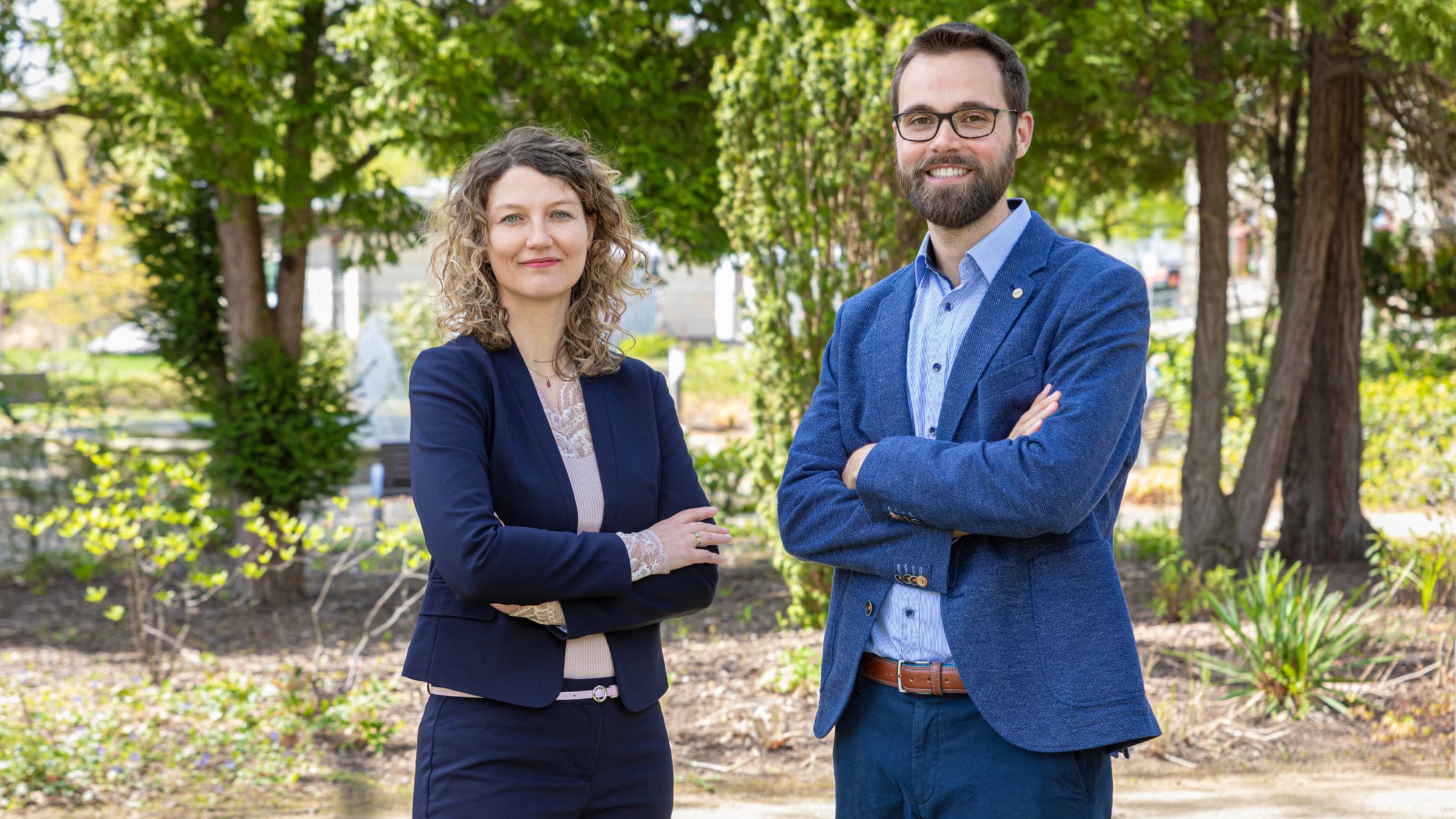
Seamless Therapeutics CEO Anne-Kristin Heninger and CSO Felix Lansing
German biotech launches with ‘seamless’ gene editing platform built on evolving enzymes
Seamless Therapeutics has launched with €11.8 million (roughly $12.5 million) in seed funding to build out a gene editing platform.
As more and more gene …
Sign up to read this article for free.
Get free access to a limited number of articles, plus choose newsletters to get straight to your inbox.